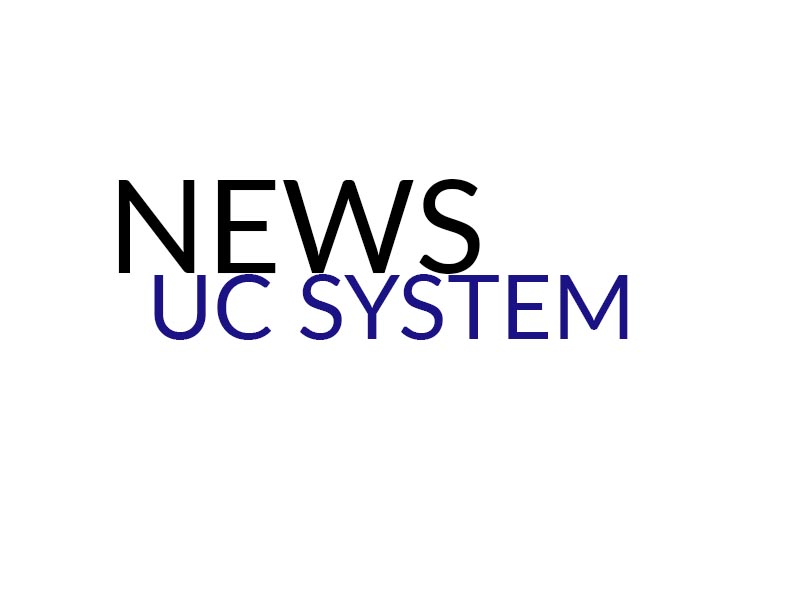The California State Assembly passed a bill on Sept. 30 to invest $22 million between all ten UC campuses equally to encourage entrepreneurship and innovation. Assembly Bill 2664, authored by Assemblymember Jacqui Irwin (D-Thousand Oaks), will give each campus $2.2 million to develop programs to encourage diversity in entrepreneurship, resources to support small startups, and expand infrastructure for the development of new technologies and services. It was signed by Gov. Brown on the same day it passed through the legislature.
Irwin explained that the bill was created in recognition of the fact that UC campuses play an influential role in their respective regional economies, but there is a disconnect between the research and the commercialization.
“The UC system has long been a source of innovative ideas and groundbreaking research, which often don’t find their way out of the classroom,” Irwin said in a press release. “This funding will help bridge the gap and bring research innovations to the marketplace.”
Paul Roben, UCSD’s associate vice chancellor for innovation and commercialization, explained that the funding will be used to develop the campus’ core competencies for innovation and entrepreneurship. He emphasized three main endeavors: entrepreneurial education, supportive services, and partnerships both across UCSD’s campus and outside it.
“[The first element is] entrepreneurial and business education … things like boot camps and business training … for everybody, from undergraduates all the way to the faculty,” Roben told the UCSD Guardian. “The second element to it is the start of services like startup incubation … and competitions [to encourage innovation] … aimed at any group of people who think they have an idea for a new company … [The last element] is partnerships and community outreach to develop stronger ties with … partners [within campus such as Rady School of Management, Health Sciences and the School of Engineering as well as] outside of the campus that are needed as the next step in the development pipeline … [like local] companies, the city [and not-for-profits].”
Christine Gulbranson, the UC senior vice president for research innovation and entrepreneurship, spoke of the influx of money as a sound investment on the part of the state.
“UC is second to none in terms of the scope and scale of our innovative and entrepreneurial potential,” Gulbranson said in a press release. “This investment by the Legislature, and the private sector leverage it spurs, will ensure successful outcomes for years to come.”
Roben also emphasized the importance of diversity and inclusion in developing these kinds of programs, citing the desire to engage populations that normally are not engaged in entrepreneurship or innovation.
“[These programs are] also aimed at driving more diversity and inclusion in the whole process,” Roben said. “So there are programs specifically targeted for women, veterans, the Native American population … [and the disciplines of] the arts and humanities and social sciences.”
He expressed his appreciation of the funding as a way to catalyze the current culture of innovation on UCSD’s campus.
“When I go out to the undergraduate population and I see how creative and innovative they are, it keeps me coming to work every day,” Roben told the Guardian. “It’s just amazing to see what these students are capable of if you give them the resources and the environment to do it … [and this bill] gives us the financial resources to strengthen what we are already doing and maybe to accelerate the speed at which we are able to develop and roll out these programs for students and faculty.”








